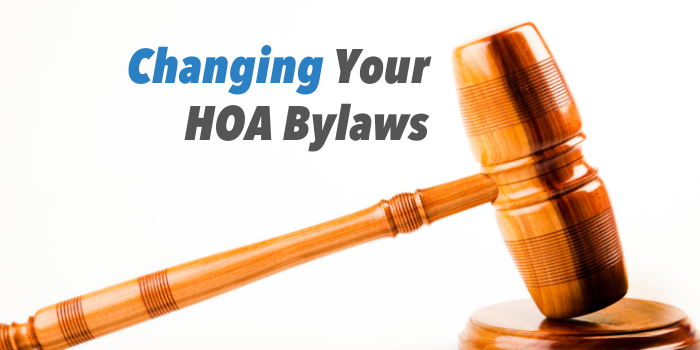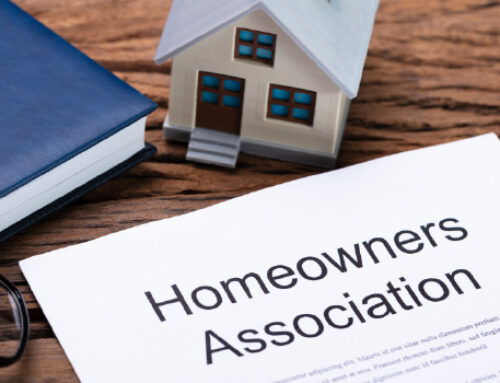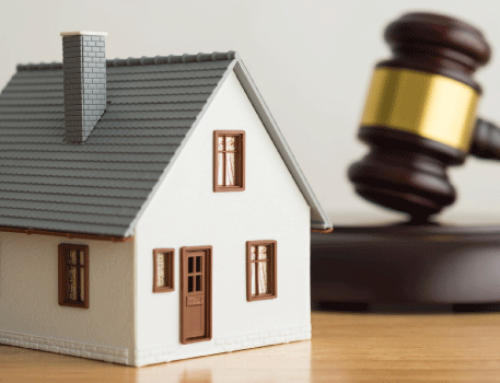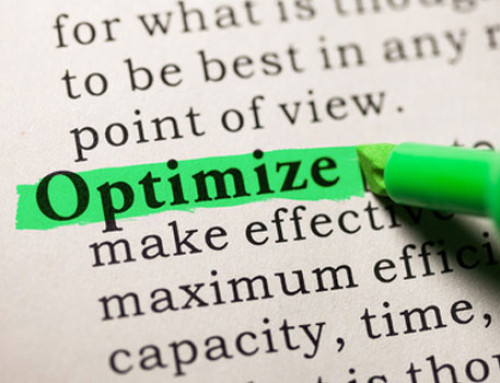Community associations are legal entities governed by bylaws and codes, covenants, and restrictions (also known as CC&Rs), which are enforced by an elected board of directors. It is the board’s responsibility to conduct regular reviews of these regulations within their governing documents.
In doing so, and with time, certain bylaws or CC&Rs may become obsolete or irrelevant and need revising in order to best benefit the association and its members.
Why are Revisions Needed?
A board may have several motives when considering amending bylaws and CC&Rs, but should only undertake the process for legal and rational reasons. Primarily, revisions are made to stay in compliance with any changes in state law. Alternatively, a board may need to consider amendments when a majority of property owners voice specific needs or requests.
Altering governing documents is no easy task! The process can be a lengthy and financially taxing process, and should be carried out only after careful consideration by the board.
A comprehensive process for making amendments should include the following actions by the board:
- Proposal – The board receives a proposal outlining the desired amendments.
- Meeting – Homeowners and board members are given the opportunity to confer and offer input about the proposed changes.
- Vote – Homeowners are given the opportunity to vote anonymously either for or against the amendments. CC&Rs will determine the percentage needed to approve the proposal.
- Approval – The amended version of the CC&Rs and/or bylaws should be sent to all HOA members.
- Record – The amendment is recorded with the County Recorder as required.
Tip – Seek Professional Help
Hiring legal counsel may be one of the greater expenses associated with the amendment process, but it’s also one of the most important. A professional attorney can be invaluable in helping the board understand and follow the state’s legal processes and avoid potential conflicts within the community.
Board officers should have their counsel read through the proposed amendments and provide feedback on the best course moving forward.
An HOA manager can also be a vital resource in facilitating the necessary communication between the board and homeowners. This may include facilitating the distribution of ballots and communicating with homeowners to field their questions and concerns.







